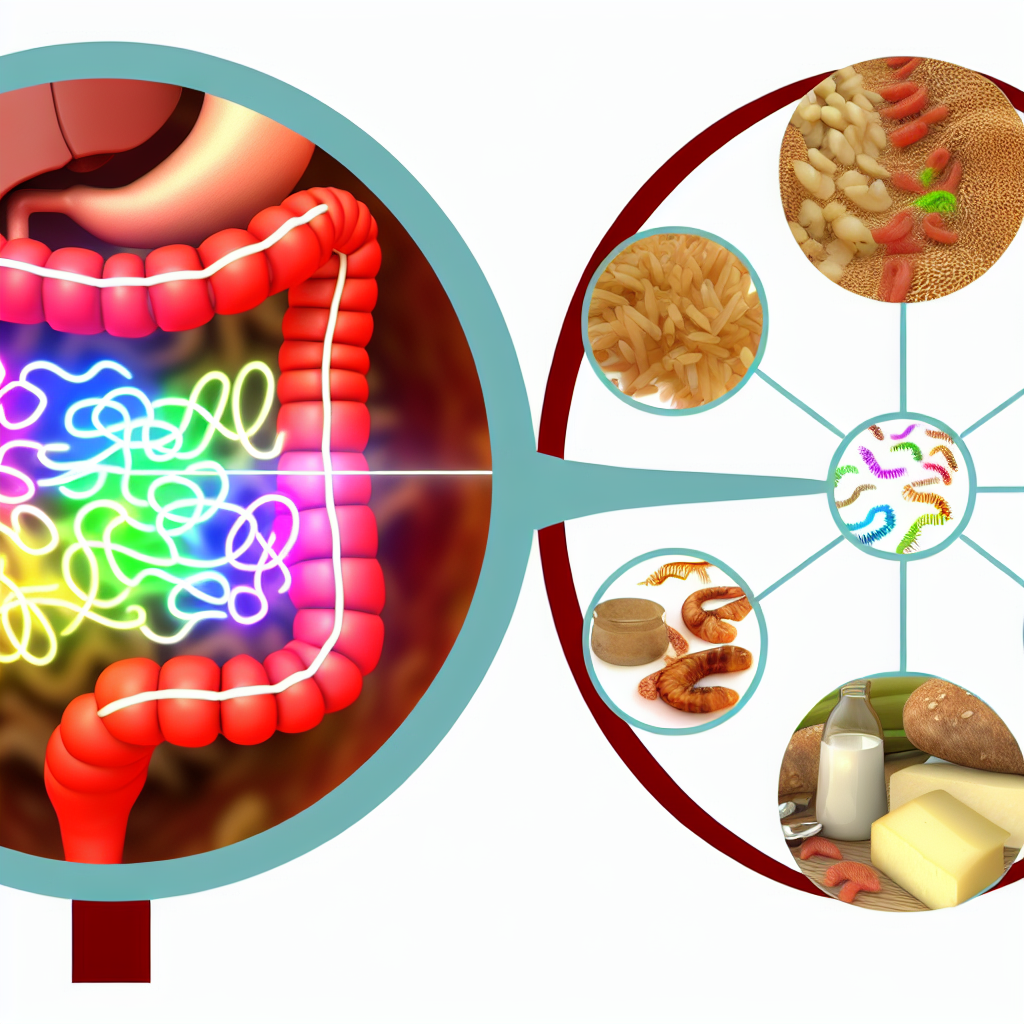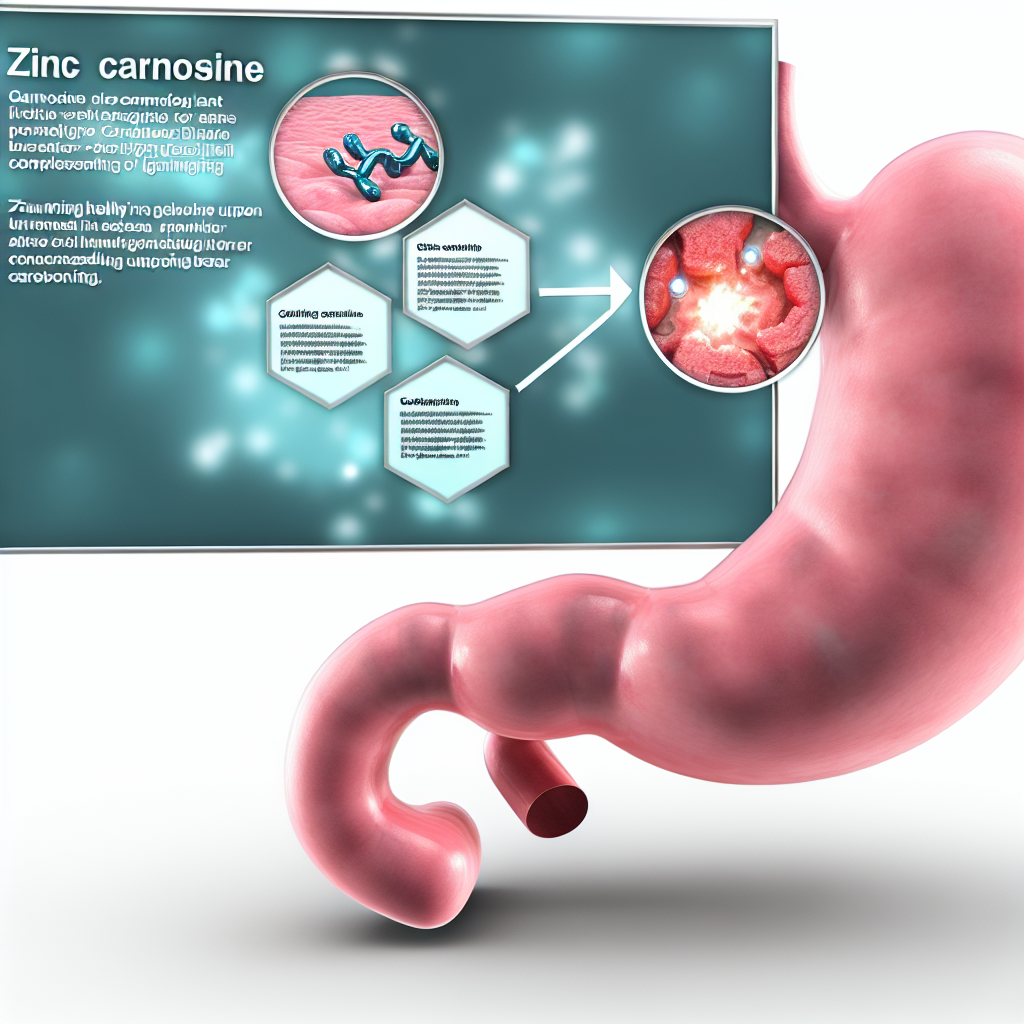The eating pattern known as intermittent fasting (IF) alternates between times when one fasts and times when one eats. Although there are several variations of intermittent fasting (IF), they all entail caloric restriction for a predetermined amount of time every day or week. In the classic sense, IF is not a diet. This eating style can help with weight loss and health enhancement.
Valuable Strategy
IF has a plethora of potential advantages, such as:
Weight loss: IF is a valuable strategy for improving body composition and weight reduction. Those who followed an IF diet for 12 weeks lost an average of 7% of their body weight, according to research published in the journal “Obesity.”
Enhanced insulin sensitivity: IF can enhance the body’s capacity to use glucose as an energy source. This can aid in preventing chronic illnesses such as type 2 diabetes.
Decreased inflammation: IF can lessen inflammation linked to several chronic illnesses. Researchers observed that after a 12-week IF diet, participants’ levels of inflammatory markers decreased (a study published in the journal “Cell Metabolism”).
Longer lifespan: Some evidence supports the idea that IF can lengthen life. The journal “Nature” released a study showing mice that fasted for 12 hours a day had longer lifespans than mice that did not fast.
Better mental health: By lowering inflammation and encouraging the development of new brain cells, IF can help mental health. An investigation in the journal “Cell Metabolism” discovered that participants on an IF diet for 12 weeks had higher amounts of BDNF. This protein encourages the development of new brain cells.
Cancer risk reduction: Some evidence suggests that IF can lower cancer risk. One research that was published in the journal “Cancer Research” indicated that there was a lower chance of colon cancer in those who fasted for twelve hours a day.
Possible Drawbacks
But there are more possible hazards connected to IF, such as:
Hunger: Those new to intermittent fasting (IF) may feel hungry, particularly during the fasting phase.
Low blood sugar: Before attempting IF, you should see your doctor if you have diabetes or hypoglycemia.
Dehydration: It’s critical to maintain adequate fluids throughout the fasting phase. A lot of water and other calorie-free drinks should be consumed.
Nutritional deficiencies: You risk developing nutritional deficiencies if you don’t eat a balanced meal during the eating time.
It’s crucial to see your doctor first if you’re thinking about trying IF. They can ensure that you are doing it safely and assist you in deciding if IF is suitable for you.
Suggestions
Here are some more pointers for adhering to IF:
Take it slow: If you’re new to intermittent fasting, begin with shorter fasts. After you become accustomed to it, gradually extend the duration of your fasting sessions.
Pay attention to your body: Break your fast if you feel weak, lightheaded, or dizzy.
Drink plenty of water and other calorie-free liquids to stay hydrated throughout fasting.
Have a nutritious diet: During the eating period, be sure to have a balanced diet.
You may lessen the hazards involved with IF and increase your chances of success by paying attention to these pointers.

Dominic E. is a passionate filmmaker navigating the exciting intersection of art and science. By day, he delves into the complexities of the human body as a full-time medical writer, meticulously translating intricate medical concepts into accessible and engaging narratives. By night, he explores the boundless realm of cinematic storytelling, crafting narratives that evoke emotion and challenge perspectives.
Film Student and Full-time Medical Writer for ContentVendor.com




